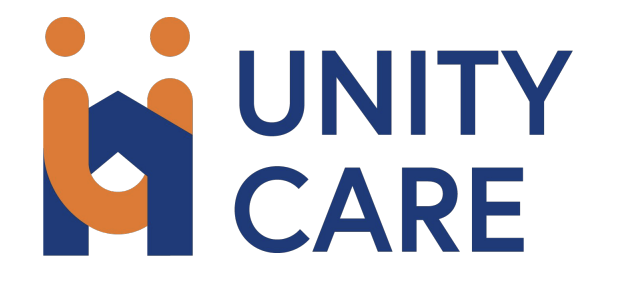WHY FOSTER YOUTH?
Today, there are 365,000 children in the U.S. foster care system. 40,000 are in California, and 4,000 are in the Bay Area. The child welfare system was not designed to serve this many children.
By the time foster youth turn 20, just two years after aging out of foster care…
These are our community’s children, and they deserve better. Through no fault of their own, they have endured hardships most of us can only imagine.
The struggle began long before they aged out.
For a typical Unity Care client, life began in an unstable family home marked by poverty, substance abuse, and/or mental illness. Despite loving their children deeply, most of these children’s parents could not overcome their challenges.
The average foster youth spends 3 to 4 years in foster care. Those who enter the system as tweens or teens typically stay in the system until they age out at 18.
As many as 3-4 foster homes each year
Social workers with caseloads of 1:200
Moving schools 1-2 times frequently
Separation from their siblings
PTSD rates 2X higher than those of veterans
Long term, these struggles impact their productivity and life outcomes.
Falling 3-4 academic grade levels behind their peers.
Unhealthy eating and overall poor physical health.
Engaging in high-risk behaviors.
High rates of PTSD, anxiety and depression.
Staying in intimate relationships where violence is a factor.
Trouble staying employed and feeling hopeful about the future.
It only gets worse when they turn 18.
“Coming from foster care, where you have to jump through so many hoops to survive, you start to wonder if anyone cares about you.”

















